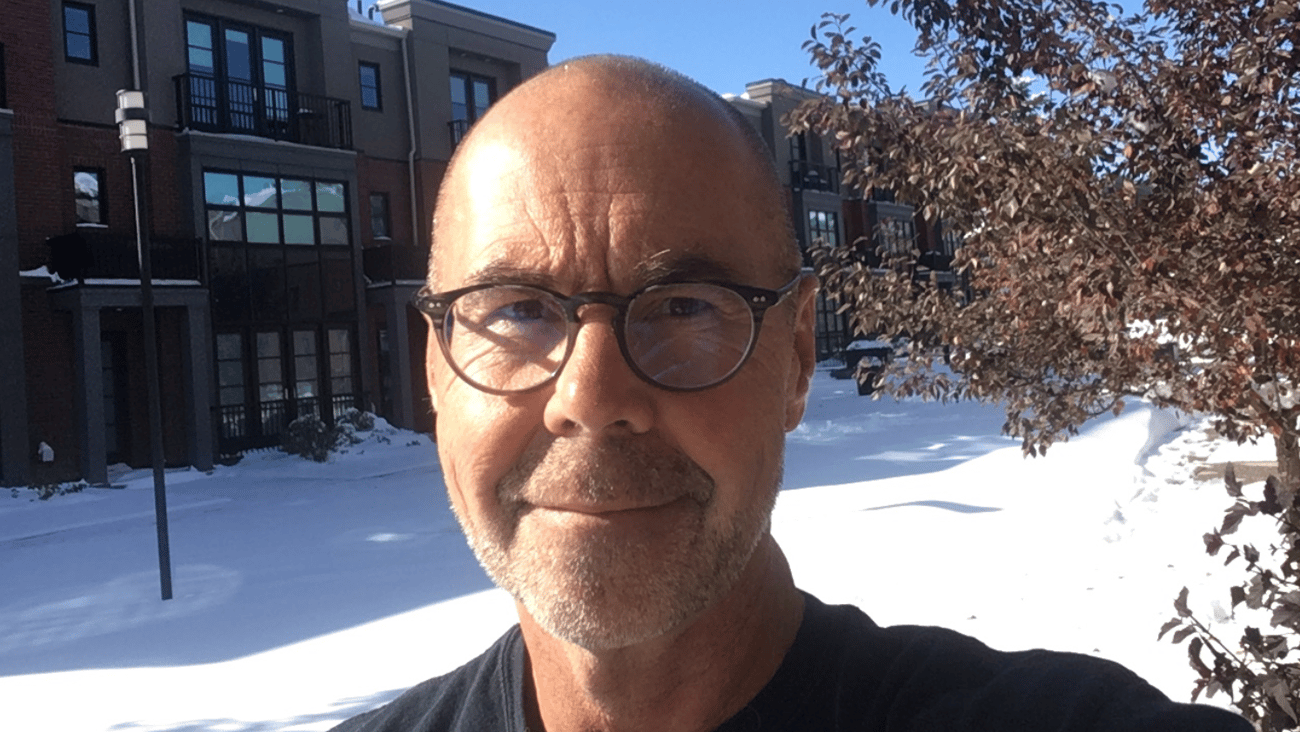Unmatched: The perils of primary care in 2023
CaRMS match 2023. A total of 268 family practice slots unfilled.
The highest number of all time. CaRMS is the official application and matching service for medical training in Canada. So, what does this mean? Is this the death knell of family medicine in Canada or is there an alternative explanation?
Let’s break it down and try to make some sense out of what has happened here. Knowing there is not a single simple explanation, here are 10 observations which might shed some light on this seemingly grim picture.
Before I go any further, I must state that I don’t regret being a family physician. It was my first career choice and I loved it for 35+ years! Family practice is hard work but among the most fulfilling of medical specialties. I know this as I have lived it. But I have become a voice in the wilderness and times they are a-changing.
The value of long-term relationships in medical care has been seriously eroded, and family medicine at its core is all about continuity of care and relationship.
- Rock stars are rock stars wherever they go.
The best candidates for an FP match are also the top candidates for what they really want, and often, that is another specialty. It’s called parallel planning and it is not uncommon for family practice to be that “worst case scenario plan” if the more competitive match doesn’t come through. These candidates get FP interview slots and generally nail them. They are rock stars who impress the hell out of everyone and then rank all the family practice residencies well down their lists. The elite students gunning for specialties get their first or second choice, so a match to FP is highly unlikely.
- Interview numbers are finite.
Even in this COVID era of “unlimited” virtual interviews there are only so many interviewers and interviewer hours that can be offered. The difference is that the virtual interview is “free” in that there are no longer associated travel and accommodations costs therefore, many students apply to every FP slot possible. It’s easy, perhaps too easy. In the past, if someone travelled across the country for a FP interview, they were probably a lot more serious about this being a real possibility, not just a “filler” or way to practice interview skills. So, the strongest candidates got the most interview time and the weaker candidates were left with very few options. No interview, no match.
- Weaker candidates don’t always have the best insight.
You must be competitive to match to a competitive specialty with very limited slots. For those who believe that a specific sought-after specialty is their only destiny, they are highly likely to parallel with a non-FP choice or not parallel at all and accept the possibility of a non-match. No attempt, or an obviously “feeble” attempt at showing a genuine interest in family practice generally does not garner a positive response from the FP residency programs. No interest, no interview, no match, unfilled slots.
- Family Practice sucks!
No one is selling family practice these days. No sellers, no buyers. Looming bad news from the government, the public, teaching MDs and unfortunately even many family physicians. The “CAUTION, STAY AWAY” sign is working, a little too effectively. Many students would rather not match than to accept the ball and chain that we call family practice. A second-rate choice for sure.
- Why settle for less?
A variation of the last observation. If it took you a few times to get into medical school and you have sacrificed a lot to get to this point, why would you settle for less than the very best? And there is a pecking order of what is “the best.” Let’s just say that FP is in the lowest quartile on many lists. Perception is reality!
- I don’t know what I don’t know.
Many medical students have never met an FP leader with a great family practice. Seeing is believing. How many students make career decisions based on a single life-changing experience or a single mentor? If a medical student has a very limited exposure to family practice and it is with non-teaching, unhappy, burnt-out FPs, then the result is predictable. The hospital-based specialists certainly aren’t going to try to convince students that there is a viable alternative.
- WOW factor!!
There are a lot of specialties that seem pretty darn sexy. Anyone in practice knows that there is a lot of feigned glitz and glamour as well as a lot of smoke and mirrors, yes even in medicine. But the exotic family trips, the brand-new luxury sports cars, the square footage of the vacation property all scream everything BUT family medicine.
- An R3 is not cutting it.
But, but, but . . . You can do emergency department work, low risk obstetrics, addictions, palliative care. You can have it all! Or just go into the speciality that you really want to do “full time,” without all the hassle of running a family practice. A no-brainer for a lot of medical students who previously would have considered a family medicine/R3 as a worthwhile career path.
- And a mandatory 3rd year…
The two-year commitment is a glimmer of hope to the attraction of a FP residency program especially to a more mature student who may already have a family and a lot of other commitments. Take this time advantage away and you might as well be a “real specialist.”
- This year is not unique.
Get used to that fact. My prediction is that future years will be similar if not worse when it comes to FP residency slots. I hope that I am wrong, and this statement comes back to haunt me. As the privatization of medicine in Canada continues to brazenly advance, the financial divide between procedurally based medicine and primary care will continue to widen. As a family physician, you can be the quarter back of an entire team: an army of well-meaning medical, para-medical, clerics and patients. When things go poorly, however, quarterbacks get sacked. That hurts!
So, there you have it. Sorry that this reads so negatively but it’s hard to sugar coat 268 unfilled slots. There is an upcoming second iteration/match in which many of these spots will be filled, hopefully with MDs who really want them. A potential positive?
These remain the observations of a medical student advisor curiously watching things unfold in the unfairly maligned world of family medicine.
Dr. Ted Jablonski is a singer-songwriter, emerging playwright and neophyte poet who has retired his family practice to focus on sexual medicine and transgender health in Southern Alberta. He finds himself advising medical students at the Cumming School of Medicine and still on the front-line trenches of acute primary care.



